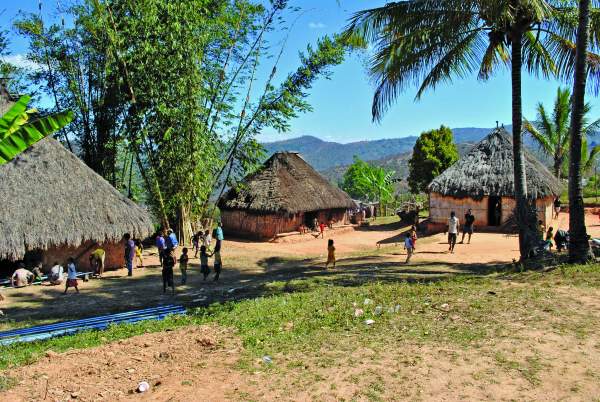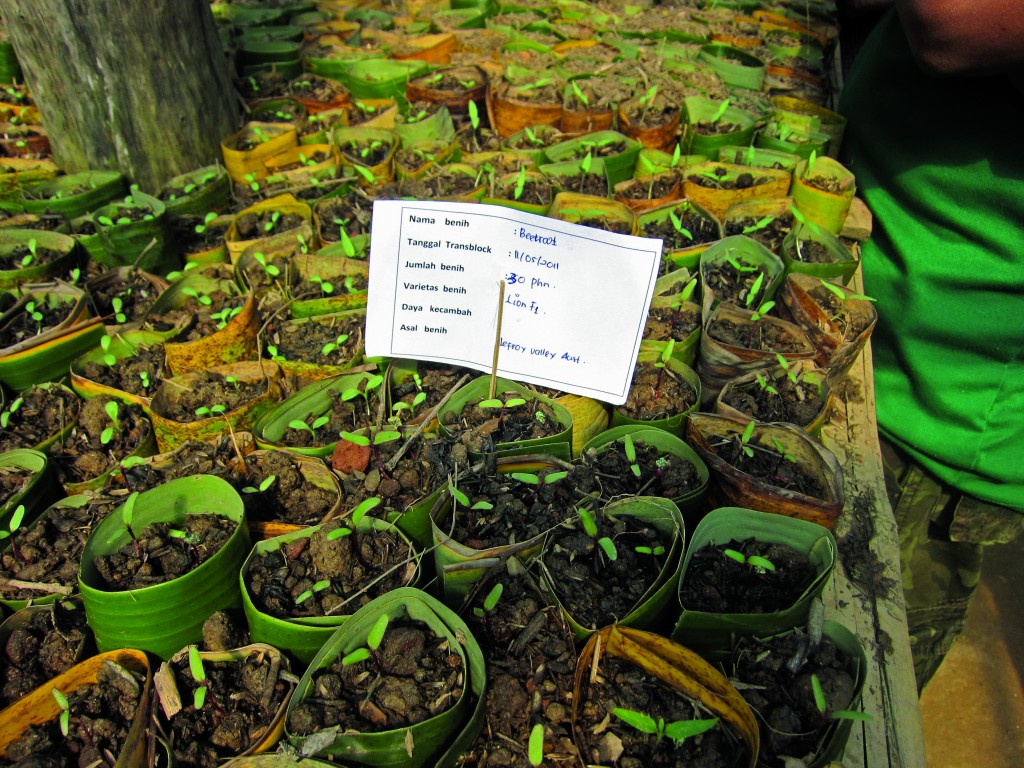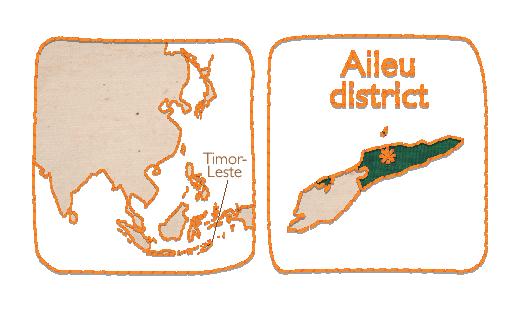Building resilience to a changing climate
Setting the scene
As a nation emerging from a period of civil unrest and grappling with the burden of poverty, environmental degradation and inequitable land rights, the people and institutions of Timor-Leste face enormous challenges in adapting to climate change.
Timor-Leste is extremely vulnerable to weather-related natural disasters such as droughts, floods and landslides. Eighty percent of the population depend on subsistence agriculture for their food security and economic needs. As the effects of climate change intensify, production of the country’s two main food crops, maize and rice, will be increasingly threatened.
Project location
Project activities take place in Aileu District, one of the most degraded watersheds in Timor-Leste. Unsustainable land management and agricultural practices, and policies which reinforce uncontrolled tree-cutting, have resulted in rapid deforestation, high soil loss, and reduced water flow in local rivers. Local farming communities in Aileu recognise the urgent need to adapt farming and forestry systems to changing climatic conditions to ensure a more sustainable future. They have also expressed a desire to diversify their farming practices to include better management and marketing of forest products.
Project overview
The BRACCE (Building Resilience to a Changing Climate and Environment) project will increase environmental and community resilience to climate change through an integrated, context specific suite of activities. It will target deforestation, land and water catchment degradation, and environmentally unsustainable agriculture and forestry practices at practical and policy levels. The project will also research some of the underlying causes of problems in these areas and conduct a detailed feasability study on the introduction of energy-efficient and sustainable technologies, such as fuel-efficient stoves, solar lighting, water filtration and biogas digesters for waste management.
By improving environmental and agricultural sustainability, introducing diversified forest related income streams, and reducing the local demand for resources, this project seeks to improve household incomes and insulate local communities from the future effects of climate change.
DOWNLOAD PROJECT OVERVIEW (PDF)
Project Location:
Aileu District, Timor Leste
Project Area:
9,000 hectares
Target population (est):
16,000
Project partners:
- Local government
- Permatil
- Portuguese mission
- Global Alliance for Clean Cook Stoves
Climate change mitigation
- Carbon sequestration/trading
- Reforestation
Climate change adaptation
- Flood prevention control
- Soil erosion control
- Protecting water resources
- Natural resource management
- Food security
Key project activities include:
- community based mapping exercises to clearly establish existing land use and ownership, and to identify boundaries for areas of forest restoration;
- educational workshops to teach farmer-managed natural regeneration – reforestation through selective promotion of regrowth from existing stumps and root stock. FMNR is more reliable, faster and requires only a fraction of the cost of planting seedlings;
- educational workshops to teach sustainable agro-forestry systems and agro-forestry business practices;
- establishment of community nurseries for production of seedlings for agro-forestry
- feasability study regarding the establishment of community cooperatives for dissemination and maintanance of fuel-efficient stoves, solar lighting, water filtration and biogas digesters for waste management. Cooperatives would sell these technologies at a subsidised price to provide sustainable economic growth and a sense of value and ownership;
- feasability study to determine the relevance of carbon credits to a self-sustaining social enterprise model;
- advocating to government stakeholder to establish community rights over land managed through FMNR.



